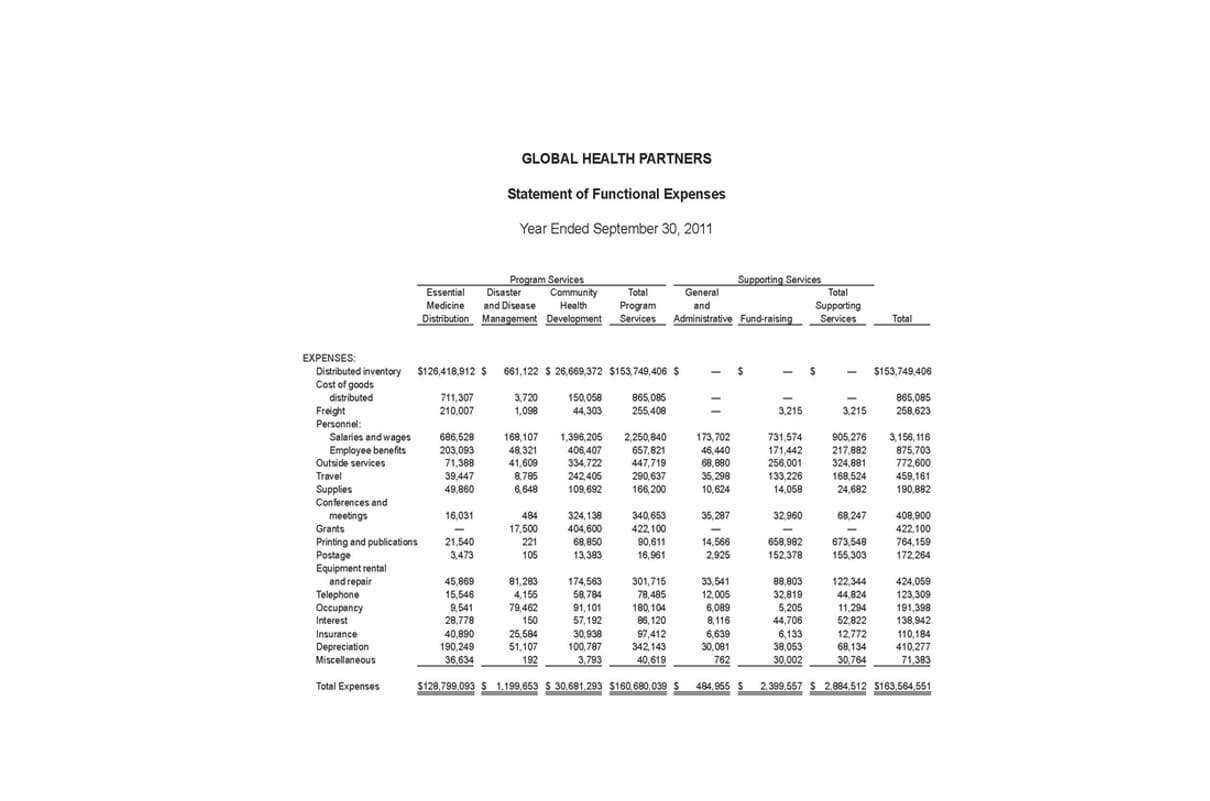
Without careful monitoring, these companies risk running out of capital before achieving profitability. Therefore, managing cash flow and burn rate is crucial for maintaining financial stability and ensuring long-term success. By following ASC 606 or IFRS 15, tech companies can ensure a fair and accurate portrayal of their financial performance.
How Do Tech Companies Typically Approach Accounting?
- Accounting has a reputation for being staid, traditional and slow to adopt new technologies.
- In-house accounting offers the advantage of direct control and confidentiality but can be costly and require more resources for talent acquisition and retention.
- With their insights, a startup can position itself for sustainable growth and investor confidence.
- Cash accounting is easier to implement and requires less administrative effort.
- In the tech world, these can include measures like receivable turnover or the success of marketing campaigns.
In conclusion, managing stock-based compensation properly allows tech companies to balance attracting talent with accurate financial reporting, while keeping dilution and profitability in check. As tech companies increasingly rely on cloud storage and services, it’s crucial to accurately classify cloud-related expenses. Use accounting tools and cash flow management software to track incoming and outgoing funds, providing real-time insights into liquidity.

Best Practice #10: KPI Tracking and Financial Dashboarding
“Younger talent entering the industry are looking for more than just number crunching. AI and automation helps free them up to focus on higher-value tasks that make bookkeeping and payroll services a real impact. “The pressure on accounting firms, especially during busy reporting seasons, is real and digital transformation projects are proving to be a game-changer. The fast pace of technological change means accountants must keep learning. They need to stay updated on the latest tools and practices to remain effective in their roles.
How are data analytics tools providing insights, and how is automation streamlining processes and reducing errors?

With accounting technology, bookkeeping has become more efficient, allowing for real-time updates and easier access to financial data. Tracking expenses for research and development helps a company manage its money better and can lead to better rates from venture capital firms. These costs show up differently in accounts payable and are essential for gaap standards. Capitalizing R&D costs enables tech companies to recognize these expenses over the useful life of the developed asset, rather than all at once. This approach helps smooth out financials and better aligns expenses with the anticipated revenue from the innovation, giving investors a more accurate view of a company’s profitability. Research and development (R&D) is a major focus for tech companies aiming to stay competitive through innovation and product advancements.
- For effective business management, the accounting system should provide real-time trends in key financial and non-financial metrics and KPIs and use AI-assisted tools for business intelligence.
- Many people might not realize that accounting has been revolutionary throughout its history, especially when it comes to driving the adoption of new technologies and adapting to new technologies.
- “On a day-to-day level, cloud solutions make life easier by syncing data in real-time, ensuring everyone is working with the most up-to-date information.
- Still, this overall shift applies to a much broader range of finance roles as organizations continue their transformation efforts and adopt advanced technologies.
- These accounting metrics help track the financial health of a startup company and measure its performance against predetermined benchmarks.
How Do Accounting Practices Impact Financial Performance of Tech Companies?
It enables real-time access to financial information, enhances collaboration among stakeholders, and improves overall accuracy. Furthermore, advanced analytics powered by AI help accountants derive insights from data, facilitating better decision-making and strategic planning. Accountants must ensure automated processes are transparent and fair to maintain trust in financial management. Automation in financial audits, powered by AI and machine learning, significantly enhances efficiency and accuracy by enabling the rapid detection of anomalies and facilitating continuous monitoring of transactions. However, the reliance on automated systems raises concerns about fairness, particularly due to the potential for algorithmic bias if the underlying data is flawed. Modern accounting software can predict future financial trends by analyzing past data.


Many tech founders would agree that accounting isn’t exactly at the top of their list of priorities. By adopting best practices for accounting for tech companies, founders can unlock a wide variety of hidden efficiencies in their business and discover game-changing financial insights that change their growth strategy. An effective approach to accounting for tech companies takes a slightly different approach to that used by a more traditional business. Tech companies include software developers, electronics manufacturers, fintech companies, and IT service providers with extraordinarily fast growth plans and potential. Technology companies provide needed solutions to big problems in return for impressive accounting for tech companies future revenue streams. These changes will help shape a culture where accountants feel emboldened to experiment with modern finance technology to drive better outcomes for the function.
- The technology industry has many rules that require tech companies to follow certain accounting methods, like accrual accounting.
- Far from replacing the accountant, technology is empowering the accountant to rise to loftier heights, which bodes well for the future of the profession.
- Key Performance Indicators (KPIs) play a crucial role in accounting for tech startups.
- This approach helps smooth out financials and better aligns expenses with the anticipated revenue from the innovation, giving investors a more accurate view of a company’s profitability.
- When tech startups prioritize maintaining good accounting records through a structured bookkeeping checklist, they are better equipped to analyze their financial performance accurately.
CIG Partners with One Inc for Digital Payment Modernisation

When a company adopts accrual accounting, it recognizes revenue when it is earned. For tech companies with long-term contracts, embracing accrual accounting enables leaders to have a much more precise understanding recording transactions of future cash flows. Tech companies often have entirely different revenue models, cost structures, and growth targets compared to more traditional businesses. Accounting can be complicated further by complex cap tables and ambitious fundraising plans, another characteristic of many tech businesses. As finance functions become more complex, they must balance traditional responsibilities with the integration of new technologies. Recognising revenue is one of the financial reporting challenges unique to companies in the technology sector.